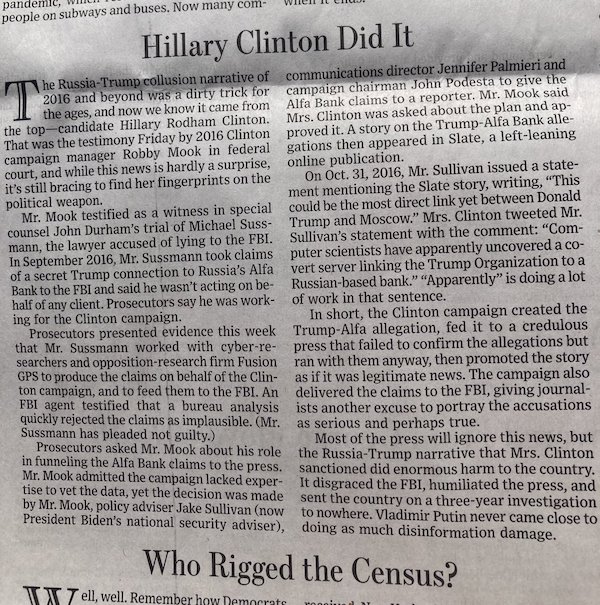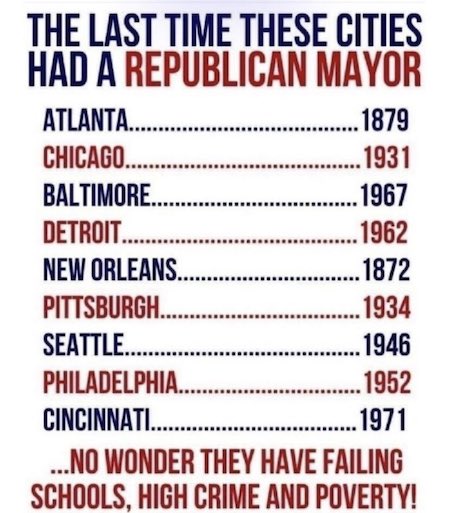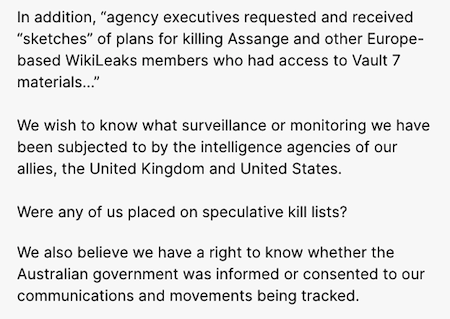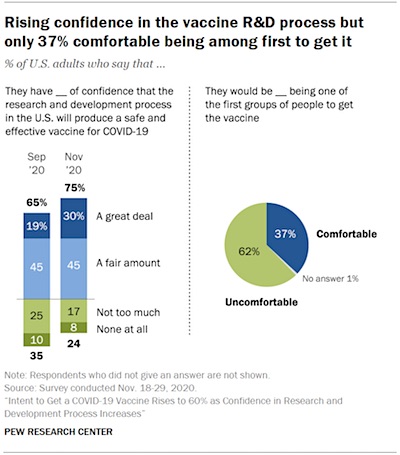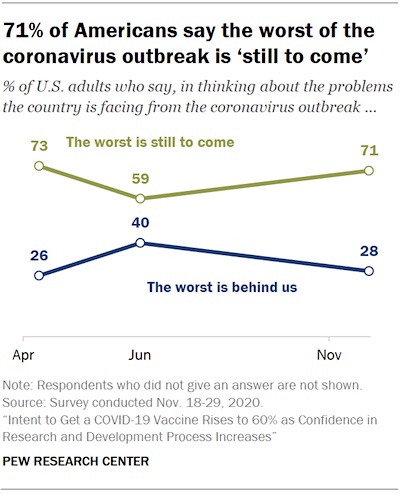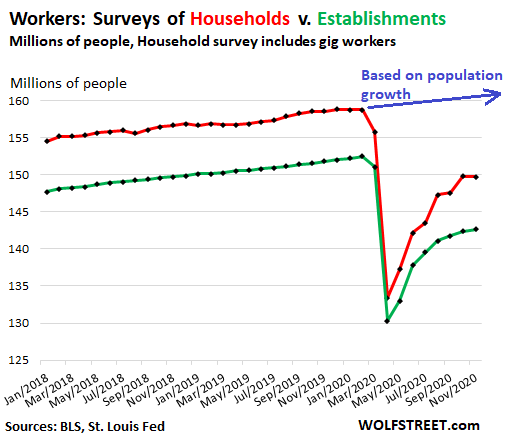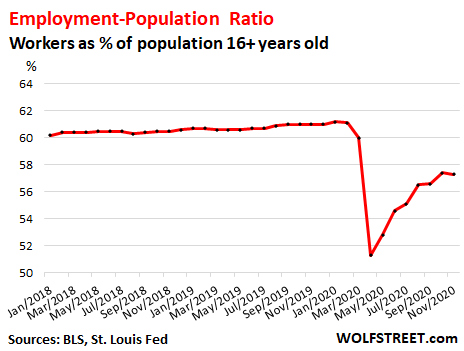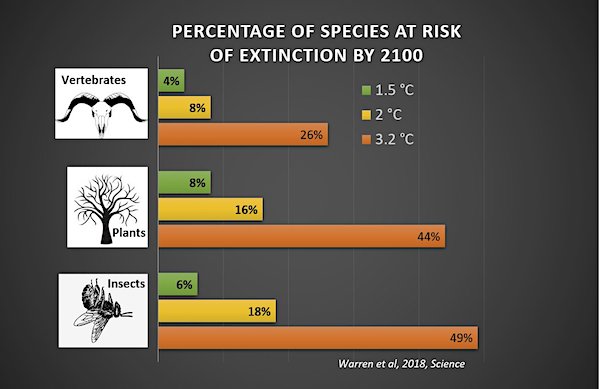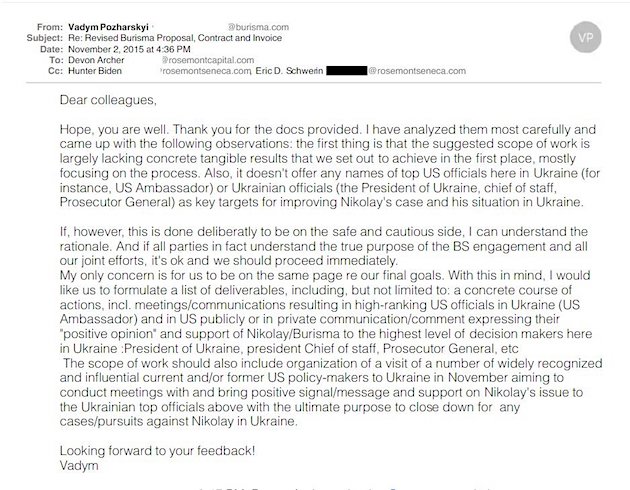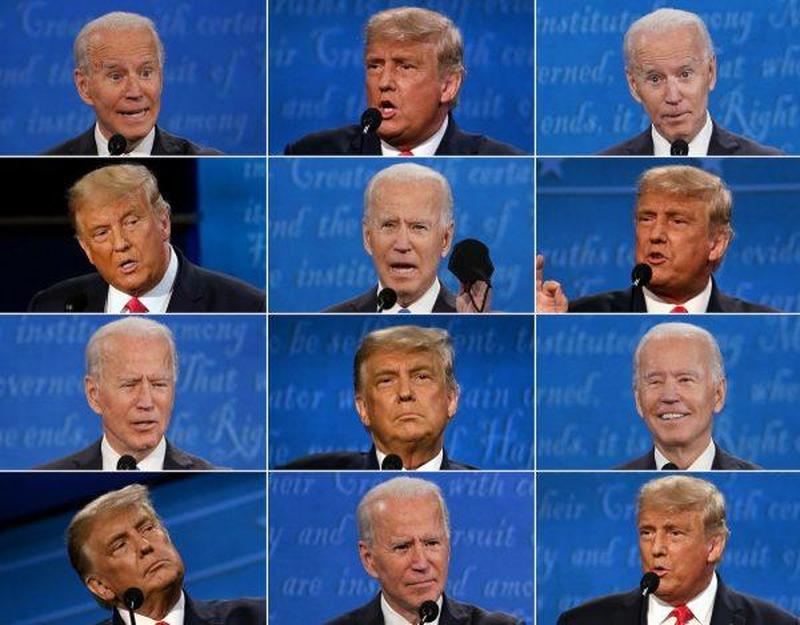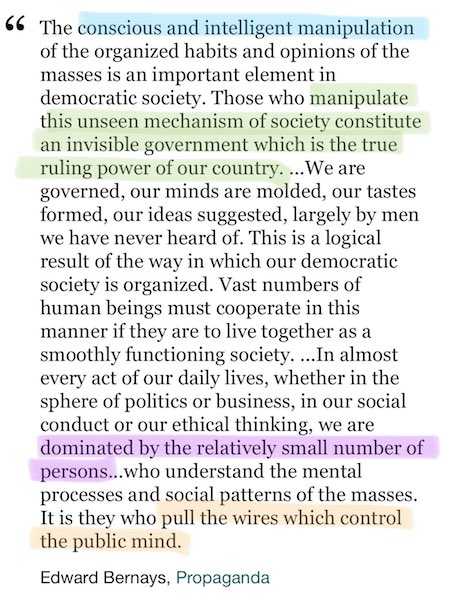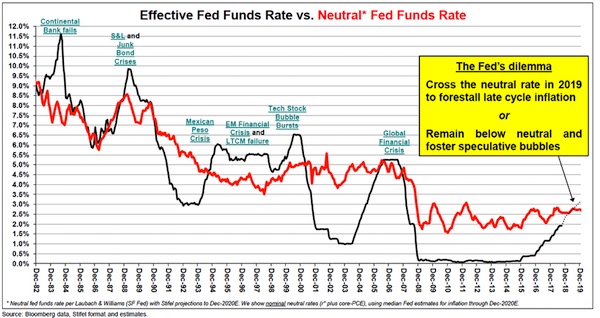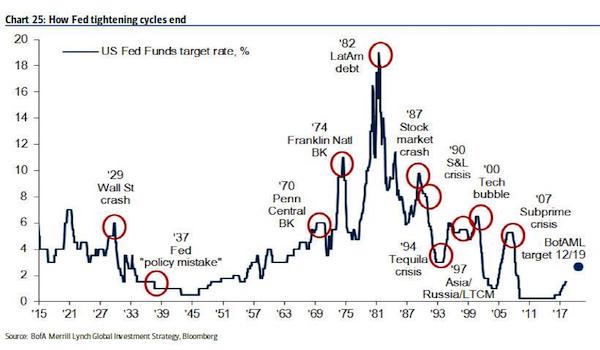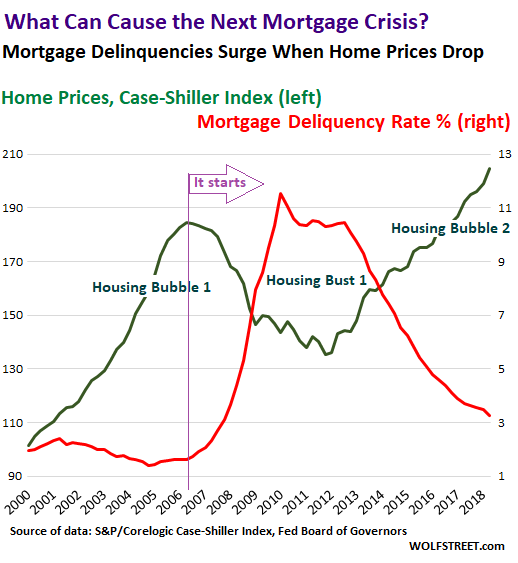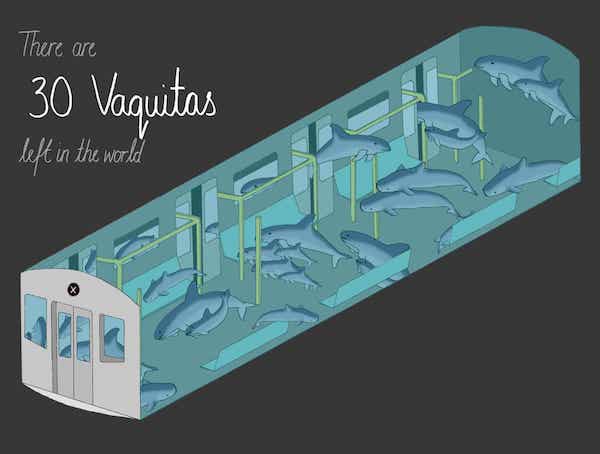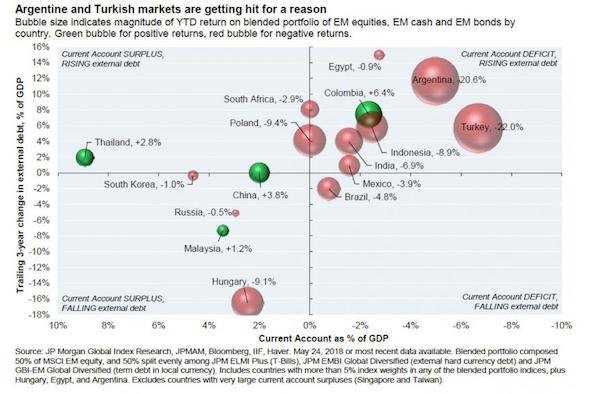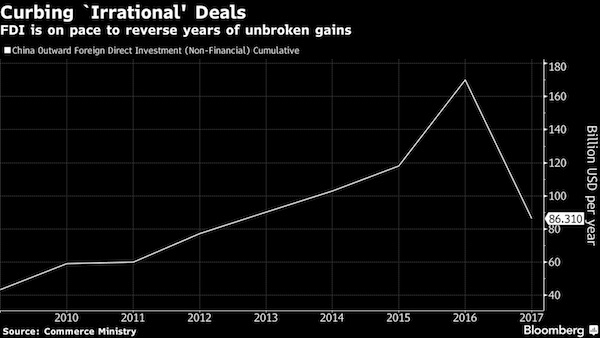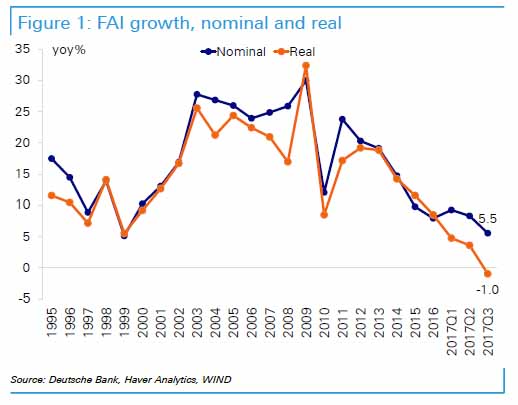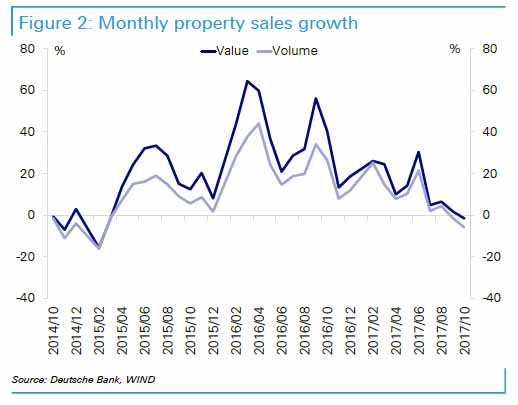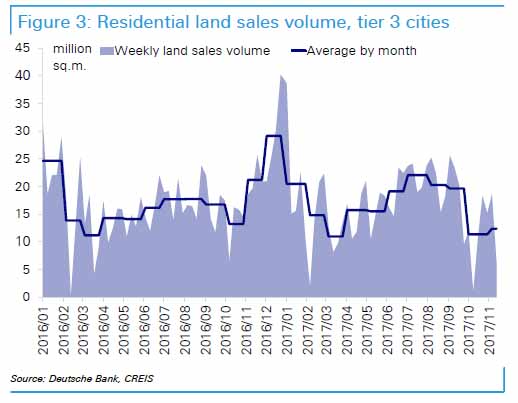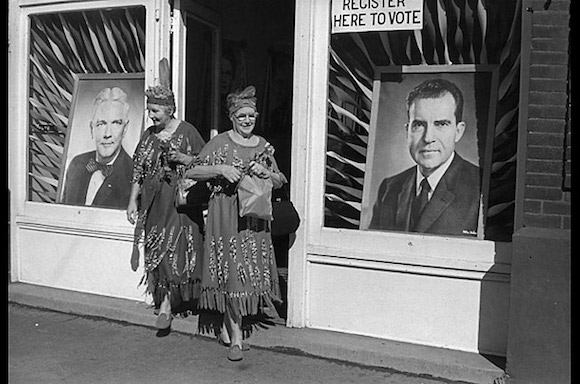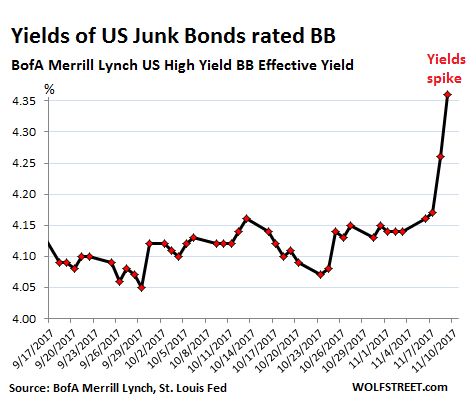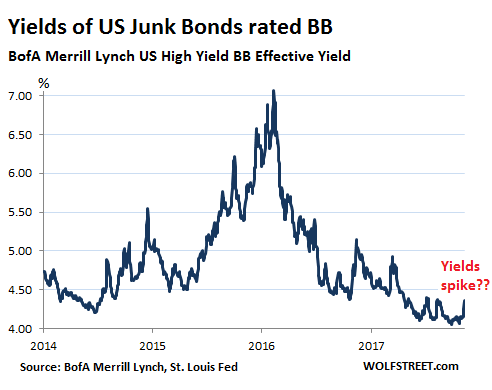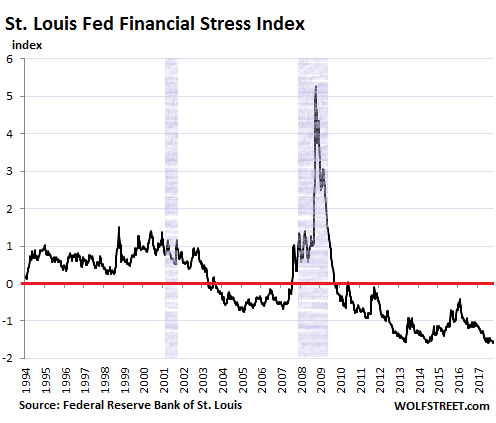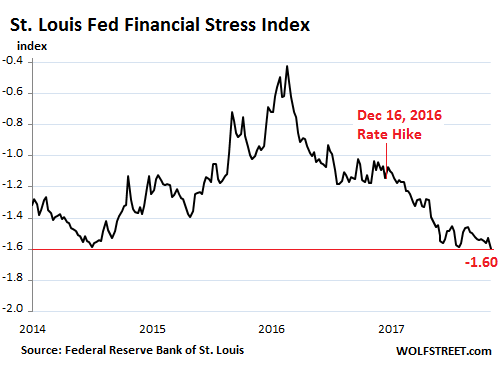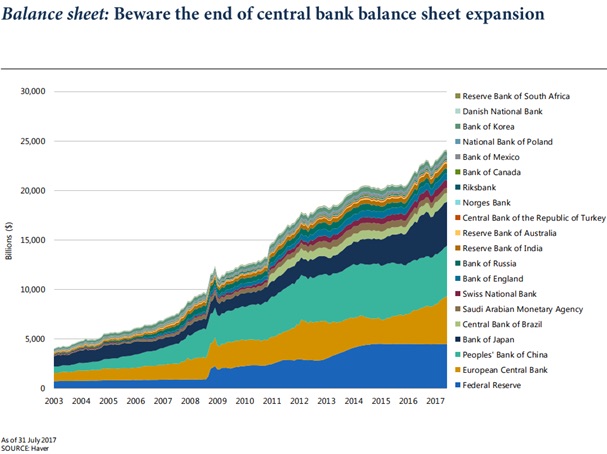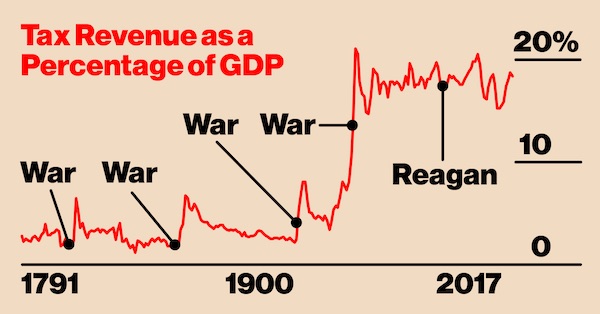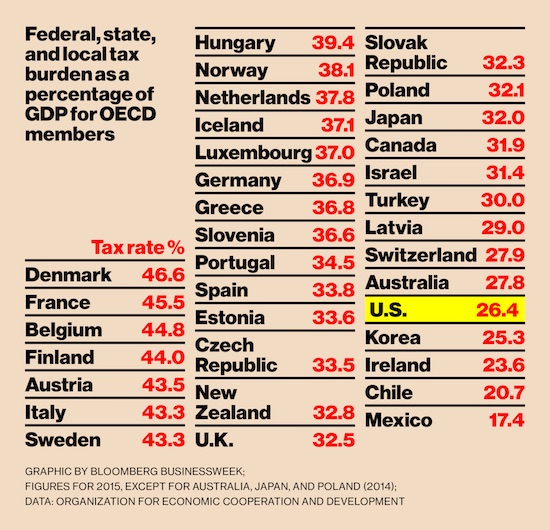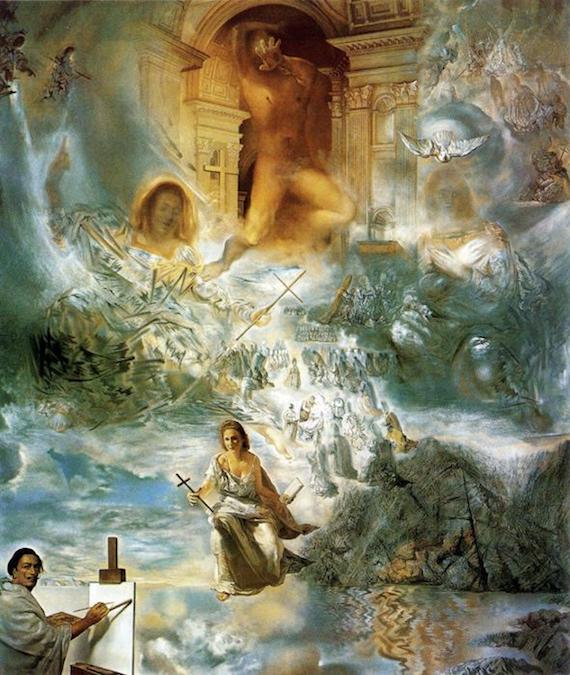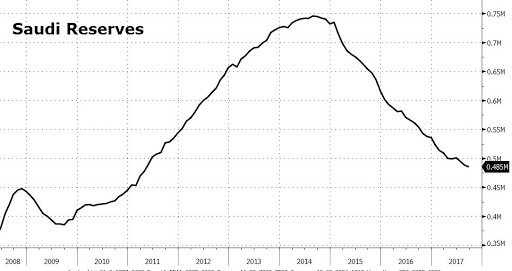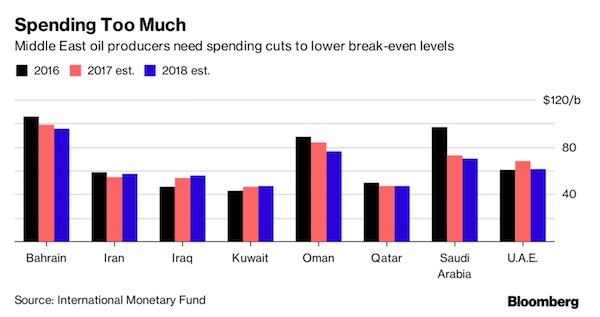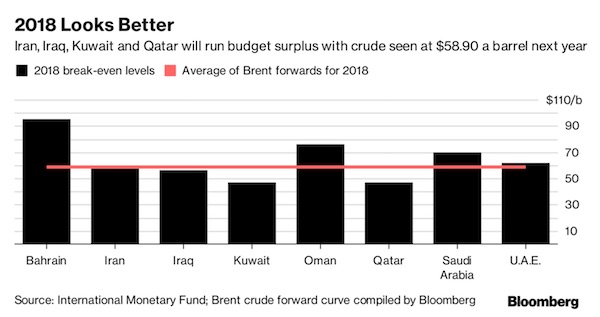
Pablo Picasso Dora Maar with green nails 1936



Joe Trumpo
https://twitter.com/i/status/1550144764523077633

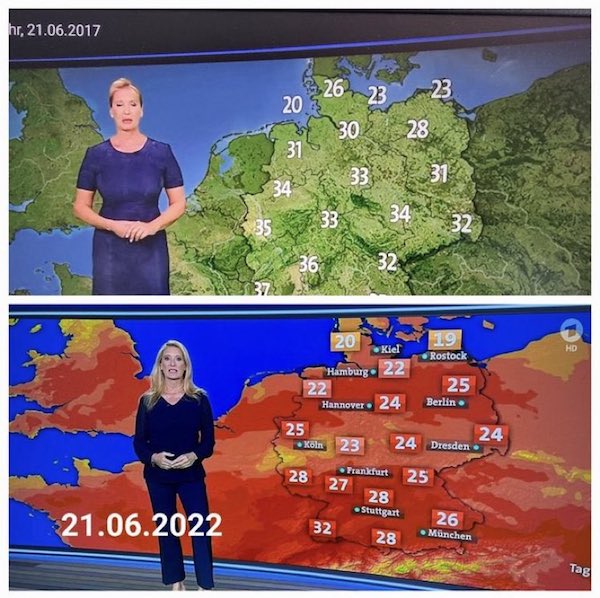

Weather channel classic
https://twitter.com/i/status/1549922559658848258

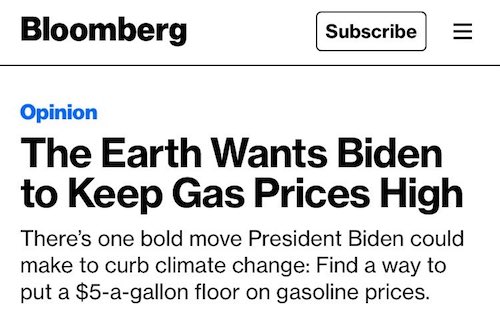


“The IMF warned on Tuesday that Germany, the EU’s chief economic powerhouse, risks losing almost 5% of its GDP if Russia completely shuts off its gas supply.”
• EU To Face ‘Infinitely’ Higher Energy Prices Because Of Sanctions – Banker (RT)
The EU rushed to back Ukraine without asking its businesses or citizens for permission and now the European economy is suffering the most from the anti-Russia sanctions, French investment banker Philippe Villin has said. European politicians and bureaucrats in Brussels threw their support behind Ukraine “without a democratic debate,” Villin wrote in an op-ed published by Le Figaro on Monday. “What is worse, they did not even consider it useful to consult with us about the military escalation, or the terrible consequences of the sanctions for our economies,” he said. Villin stressed that the world economy had already been crippled by the Covid-19 pandemic, as well as tension between China and Taiwan, who are both vital to the global supply chain. The current crisis also spurred inflation, including energy price hikes and the risk of shortages.
“And the worst thing is that Europe is suffering from the increase of the prices of energy and raw materials far more than the United States or China,” Villin wrote. The fact is that, as a consequence of the sanctions, energy prices will be infinitely higher in Europe than anywhere else. The banker added that businesses would “lose huge shares of the market” and be forced to cut jobs if the crisis escalated. “I hope that, before our people eventually revolt, a quick electric shock will open up a political debate, in which we, citizens and business leaders, could challenge our blind politicians and Eurocrats, who are leading us to ruin by lying to us.” Many countries, including EU members, imposed sweeping sanctions on Russia after Moscow launched a military campaign against Ukraine in late February.
On Thursday, Russian gas giant Gazprom resumed the flow of gas to Germany through the Nord Stream 1 Baltic Sea pipeline following a 10-day shutdown for maintenance. European Commission President Ursula von der Leyen had previously urged EU nations to cut the use of gas by 15% between August and June in case Moscow decided to end deliveries. The IMF warned on Tuesday that Germany, the EU’s chief economic powerhouse, risks losing almost 5% of its GDP if Russia completely shuts off its gas supply.
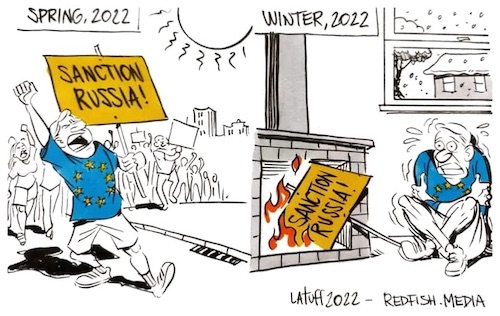

Greece, Spain and Portugal immediately said no. Others will follow. I’m starting to wonder if the EU will make it to Christmas.
• EU Proposes Voluntary Goal For Countries To Cut Gas Use By 15% (R.)
The European Union set out emergency plans on Wednesday for countries to cut their gas use by 15% until March, warning them that without deep cuts now they could struggle for fuel during winter if Russia cuts off supply. Europe is racing to fill its gas storage ahead of winter and build a buffer in case Moscow further restricts supplies in retaliation for European support for Ukraine following Russia’s invasion. A dozen EU countries are already facing reduced Russian deliveries. EU officials say a full Russian gas halt is likely. read more The European Commission on Wednesday proposed a voluntary target for all EU countries to cut gas use by 15% from August to March, compared with their average consumption in the same period during 2016-2021.
The proposal would enable Brussels to make the target mandatory in a supply emergency, if the EU declares a substantial risk of severe gas shortages. The regulation needs approval from a reinforced majority of EU countries. Country diplomats are set to discuss it on Friday, with the aim of approving it at an emergency meeting of their energy ministers on July 26. “Russia is blackmailing us. Russia is using energy as a weapon. And therefore, in any event, whether it’s a partial, major cut-off of Russian gas or a total cut-off of Russian gas, Europe needs to be ready,” EU Commission President Ursula von der Leyen said. The plan has faced resistance from some countries, which feel their contingency plans do not need reinforcement from the EU.
Countries would be required to update their emergency gas plans by end-September to show how they will meet the EU target.Among those opposed is Poland, which has filled its gas storage to 98% of capacity after Russia cut its supply in April. Others have less stored, such as Hungary, which is at 47% full.But EU energy policy chief Kadri Simson said countries have reduced their combined gas demand by just 5% despite months of dwindling supplies from Russia and soaring prices, with deeper cuts urgently needed. A 15% cut would save about 45 billion cubic metres of gas from August-March. Russia supplied 40% of the EU’s gas before its invasion of Ukraine, or around 155 bcm per year, but flows have since plummeted.

“The new Iron Curtain has been raised, and won’t be crossed for years to come.”
Each day, then, we discover new difficulties in decoupling Russia from the global economy. This is partly because sanctions have proven less effective than predicted, despite the tenacious efforts of the US and Europe. To date, there have been at least six sets of successive sanctions, each more drastic than the last: the removal of Russia from the international financial system operated by SWIFT; the freezing of the Russian Central Bank’s foreign reserves, which amounted to around $630 billion; the freezing of $600 million deposited by Russia in American banks, and the refusal to accept these funds as payment for Russia’s foreign debt; the exclusion of Russia’s most important banks from the City of London; and the restriction of Russian deposits in British banks.
Western airports (and airspace) are now closed to Russian planes, and the Russian merchant navy is forbidden from docking in Western ports (Japan and Australia included). Technological exports to Russia are banned, as are many imports. The European Union has sanctions in place against 98 entities and 1,158 individuals, including President Putin and Foreign Minister Lavrov; oligarchs with ties to the Kremlin like Roman Abramovich; 351 representatives to the Duma; members of Russia’s National Security Council; high-ranking officers of the armed forces; entrepreneurs and financiers; propagandists and actors. All Western banks and a majority of Western companies have closed shop in Russia and sold their branches. Russia has responded by banning the export of more than 200 products, demanding ruble payments for oil and gas exports, and blocking provisions to Poland, Bulgaria and Finland when they refused to accept this stipulation.
Paradoxically, though, certain sanctions have played into Moscow’s hands. The embargo on oil and gas has increased Russian revenues due to the price rises it has caused, while foreign observers note that Russian supermarket shelves still seem to be well-stocked. In the first four months of the year, Russia’s balance of trade ran its highest surplus since 1994, at $96 billion. Yet, after its initial collapse during the first days of the war, the ruble gradually recovered, such that it is now worth more than it was last year. In 2021, 70 rubles were needed to buy a dollar. On 7 March – its worst day – that figure had nearly doubled; but as of 18 July it dropped back down to 57.
The relative inefficacy of sanctions was predictable. If decades of economic warfare had proved incapable of bringing down effectively defenceless regimes such as Castro’s Cuba (by now targeted for over 70 years), Bolivarian Venezuela (30 years) or Khomeinist Iran (42 years of American sanctions, plus around ten years of international measures), it’s difficult to imagine them triggering regime change in a country like Russia, which has been preparing for this eventuality by revamping its industrial capacities. Yet the more ineffective the sanctions the more the war drags on, lurching from one escalation to the next, and deepening divisions that seem ever more irremediable. By now we can assume that relations with Russia will be interrupted for at least some decades (a regrettable situation for any Westerner who hasn’t had the good fortune to visit Moscow and St Petersburg). The new Iron Curtain has been raised, and won’t be crossed for years to come.

“..when the public has no gas to even take a shower or cannot buy oil and flour at the supermarket, what is the meaning of the “security” the European politicians tout?”
• Why Nord Stream II Must Be Opened Immediately (MoA)
The German and other European governments have pledged to suicide the German economy and the wealth of their citizens solely out of spite over the Russian government’s action in the Ukraine. They deny that it is THEIR action that is causing the crisis. [..] They, and their media, ignore that Russia has had, and has, sound reasons to defend the Donbas republics. They do not tell you that the Ukraine, in late February, had planned and was ready to attack the citizens of Donetzk and Luhansk with overwhelming force. Here is additional evidence for that: “OSCE Reports Reveal Ukraine Started Shelling The Donbas Nine Days Before Russia’s ‘Special Military Operation'”
They deny that Ukraine is controlled by extreme right wing elements. They deny that there are full fledged Nazis formations in control of Ukraine even as their own media have for years warned of those. They are lying to you. All German natural gas storage sites can be filled to the brim via Nord Stream II if the Germany government would allow for it. It does not do so. That is the reason why you in Europe will to have pay much more for heating and electricity in the months and years to come. Russia will win the war. It is only a question of time. Meanwhile the sanctions will impoverish Europe:
“[C]an the European public wait? Before the sanctions have a “desired effect,” it is the ordinary people that will suffer. Russia’s economy is still standing, but the crisis has cast a long shadow over European economies. Leaders of EU countries face low growth and record inflation. The euro is at parity with the dollar. According to a Bloomberg report, the European Commission is set to warn that a halt of Russian gas supplies to the EU could potentially reduce its GDP by as much as 1.5 percent. The EU is well in a position to find out that it is not that Russia cannot live without Europe, but Europe cannot live without Russia. EU’s sanctions against Russia serve as a boomerang. After all, it is the European public that is paying the price for the decision of policymakers. European politicians talk in high spirits about what kinds of sanctions would hurt Russia most and that aligning with the US makes them more secure. But when the public has no gas to even take a shower or cannot buy oil and flour at the supermarket, what is the meaning of the “security” the European politicians tout?”
It is on you to expose the politicians behind these sanctions and to force them to change course. Your well being depends on that.

There is talk of Ukrainian counteroffensives in Kherson and Crimea. Bad idea.
• Russia Will Expand Goals in Ukraine Over Weapon Transfers: Lavrov (Celente)
Russia’s top diplomat signaled Wednesday that Moscow will expand its goals in Ukraine due to Kyiv’s increased weapon capacity due to Western intervention. Sergei Lavrov, the foreign minister, said in an interview with state media that Russia’s military is no longer “only” focused on the eastern part of Ukraine. He implied that Moscow’s strategy has changed after Western intervention with longer-range weapons, the BBC reported. He told Margarita Simonyan, the editor-in-chief of RT, that Moscow cannot allow the remaining region of Ukraine controlled by President Volodymyr Zelensky’s forces to “possess weapons that would pose a direct threat to our territory.” “The geography is different now,” he said. He now named Kherson and Zaporizhzhia as new objectives, the report said.
Kherson is considered valuable real estate and is a shipbuilding center. The New York Times reported that the area has been a Russian staging ground in recent weeks. There are reports that Ukraine could be staging a counteroffensive there. John Kirby, the Pentagon spokesman, said the window of opportunity for Ukraine could be closing before the Kremlin annexes that territory. Natalia Humeniuk, the spokeswoman for Ukraine’s southern forces, told the paper that Ukraine’s single goal is to reclaim all its territory. Lavrov took particular issue with the U.S.’s decision to provide Ukraine with HIMARS. He called out the “impotent anger” and a “desire to make things worse.”
French howitzers
https://twitter.com/i/status/1550047368782876672

AP tries to connect the corruption to Russia. They should look at Zelensky and Kolomoisky.
• Corruption Concerns Involving Ukraine Revived As War With Russia Drags On (AP)
Ukrainian President Volodymyr Zelenskyy’s dismissal of senior officials is casting an inconvenient light on an issue that the Biden administration has largely ignored since the outbreak of war with Russia: Ukraine’s history of rampant corruption and shaky governance. As it presses ahead with providing tens of billions of dollars in military, economic and direct financial support aid to Ukraine and encourages its allies to do the same, the Biden administration is now once again grappling with longstanding worries about Ukraine’s suitability as a recipient of massive infusions of American aid. Those issues, which date back decades and were not an insignificant part of former President Donald Trump’s first impeachment, had been largely pushed to the back burner in the immediate run-up to Russia’s invasion and during the first months of the conflict as the U.S. and its partners rallied to Ukraine’s defense.
But Zelenskyy’s weekend firings of his top prosecutor, intelligence chief and other senior officials have resurfaced those concerns and may have inadvertently given fresh attention to allegations of high-level corruption in Kyiv made by one outspoken U.S. lawmaker. It’s a delicate issue for the Biden administration. With billions in aid flowing to Ukraine, the White House continues to make the case for supporting Zelenskyy’s government to an American public increasingly focused on domestic issues like high gas prices and inflation. High-profile supporters of Ukraine in both parties also want to avoid a backlash that could make it more difficult to pass future aid packages. U.S. officials are quick to say that Zelenskyy is well within his right to appoint whomever he wants to senior positions, including the prosecutor general, and remove anyone who he sees as collaborating with Russia.
Yet even as Russian troops were massing near the Ukrainian border last fall, the Biden administration was pushing Zelenskyy to do more to act on corruption — a perennial U.S. demand going back to Ukraine’s early days of independence. “In all of our relationships, and including in this relationship, we invest not in personalities; we invest in institutions, and, of course, President Zelenskyy has spoken to his rationale for making these personnel shifts,” State Department spokesman Ned Price told reporters on Monday. Price declined to comment further on Zelenskyy’s reasoning for the dismissals or address the specifics but said there was no question that Russia has been trying to interfere in Ukraine. “Moscow has long sought to subvert, to destabilize the Ukrainian government,” Price said. “Ever since Ukraine chose the path of democracy and a Western orientation this has been something that Moscow has sought to subvert.”
George Webb Kolomoisky
Did Kolomoisky’s hackers hack the Wuhan Lab air conditioners on Sept 11th, 2019?Zelensky is stripping Kolomoisky’s citizenship today. pic.twitter.com/QUHkJ0iInW
— George Webb – Investigative Journalist (@RealGeorgeWebb1) July 21, 2022

Nice country.
• Ukraine Uses Russian Invasion to Wreck Workers’ Rights (CN)
The Ukrainian parliament has passed two new radical measures on labour liberalisation, prompting fears of Ukrainians losing workplace rights permanently as Russia’s war puts huge pressure on the country’s economy. In two laws passed on Monday and Tuesday, MPs voted to legalise “zero-hours contracts” and made moves towards removing up to 70 percent of the country’s workforce from protections guaranteed by national labour law. The latter measure means the national labour code no longer applies to employees of small- and medium-sized enterprises; instead, it is proposed that each worker strikes an individual labour agreement with their employer. It also removes the legal authority of trade unions to veto workplace dismissals.
Draft law 5371 had previously been criticised by the International Labor Organization, as well as Ukrainian and European trade unions, on the basis that it could “infringe international labour standards.” Ukraine’s ruling Servant of the People party argued that the “extreme over-regulation of employment contradicts the principles of market self-regulation [and] modern personnel management.” Red tape in Ukraine’s HR laws, it suggested, “creates bureaucratic barriers both for the self-realisation of employees and for raising the competitiveness of employers.” The Federation of Trade Unions of Ukraine will now ask President Volodymyr Zelensky to veto draft law 5371 when it goes to him for signature — but will not make the same request over the proposed law on zero-hours contracts, Ukrainian MP Vadym Ivchenko told openDemocracy.
Nataliia Lomonosova, an analyst at Ukrainian think tank Cedos, warned that the two laws could further deteriorate an already difficult socio-economic situation for Ukrainians suffering from Russia’s military campaign. According to the U.N.’s latest numbers, Russia’s invasion has led to at least 7 million people becoming displaced inside Ukraine itself, which has been compounded by a severe economic crisis hitting families and individuals hard. At the same time, the World Bank has predicted that Ukraine’s economy will contract by 45 percent this year.

“Melnik blasted Kretschmer, accusing him of “constant pandering” to Putin and calling his approach “disgusting.”
Don’t even mention peace!
• Ukrainian Official Continues Offending Germans After Losing His Post In Berlin (RT)
The former Ukrainian ambassador to Berlin, Andrey Melnik, slammed the minister president of the eastern German state of Saxony, Michael Kretschmer, after he said Europe should mediate a ceasefire between Kiev and Moscow instead of adding more fuel to the fire in the ongoing conflict. “Ukrainians are in favor of you sticking your head in a freezer to freeze your hot Russia fantasies,” the outspoken Ukrainian diplomat wrote in a Twitter post addressed to Kretschmer on Tuesday. The former ambassador’s rant was sparked by the prime minister of Saxony’s call for Europe and Germany to help ‘freeze’ the ongoing conflict between Moscow and Kiev and not to abandon Russian energy imports.
The conflict is throwing Europe and the entire world into chaos, Kretschmer told journalists on Tuesday. He warned that Europe risks losing the economic strength needed to maintain security and remain competitive on the world stage, adding: “We have to work to ensure that this war is frozen.” He also characterized Europe’s position on the conflict as “very one-sided” – helping Ukraine win and completely abandoning Russian energy – which he said is a mistake. “I firmly believe that we need these supplies of raw materials,” Kretschmer said, adding that European leaders “must together try to … influence Russian President [Vladimir Putin] and convince Ukraine that we all have to freeze this conflict together.”
Melnik blasted Kretschmer, accusing him of “constant pandering” to Putin and calling his approach “disgusting.” The minister president of Saxony faced a barrage of criticism from fellow politicians at home as well. The general secretary of the liberal Free Democratic Party (FDP), Bijan Djir-Sarai, accused him of failing to understand the threat Russia supposedly poses. “Thank God this man is not responsible for our foreign policy,” he said. Green politician Jamila Schaefer told German tabloid Bild that Kretschmer’s suggestion “damages the reputation of the Federal Republic of Germany,”accusing him of “dangerous ignorance.” Kretschmer’s fellow Christian Democrats were just as critical. MP Matthias Hauer tweeted that his position does not reflect that of the Christian Democratic Union (CDU).

I said: Don’t mention peace!
• Ukraine War Must End To Prevent Nuclear ‘Abyss’ – Lukashenko (AFP)
Belarus President Alexander Lukashenko Thursday said Russia, Ukraine and the West must agree to halt the Ukraine conflict to avoid the “abyss of nuclear war” and insisted Kyiv should accept Moscow’s demands. “We must stop, reach an agreement, end this mess, operation and war in Ukraine,” Lukashenko, Russian President Vladimir Putin’s top ally, told AFP in an exclusive interview in Minsk. “Let’s stop and then we will figure out how to go on living,” he said during the one-hour interview at the Palace of Independence. “There’s no need to go further. Further lies the abyss of nuclear war. There’s no need to go there,” he said, speaking on the 148th day of Moscow’s offensive in Ukraine.
Lukashenko accused the West of seeking a conflict with Russia and of provoking the Ukraine war. “You have fomented the war and are continuing it,” he said. “We have seen the reasons for this war,” he added. “If Russia had not got ahead of you, members of NATO, you would have organised and struck a blow against it,” he said, echoing Putin. Belarus has served as a staging ground for Russia’s intervention in Ukraine, but Lukashenko has so far avoided becoming a party to the conflict. Analysts say that he is keenly aware of the fact that most Belarusians do not support sending troops into Ukraine. The 67-year-old leader, who has ruled Belarus for nearly three decades, insisted that Kyiv authorities can end the war if they re-start talks with Moscow and accept its demands.
“Everything depends on Ukraine,” he said. “Right now, the peculiarity of the moment is that this war can be ended on more acceptable terms for Ukraine.” He urged Kyiv authorities to “sit down at the negotiating table and agree that they will never threaten Russia”. Talks between Russia and Ukraine largely ground to a halt in mid-April. Lukashenko said that Ukraine must accept the loss of territory occupied by Russia in eastern and southern Ukraine. “This is no longer being discussed,” he said. “One could have discussed this in February or March.”
Lukashenko
Belarus strongman Alexander Lukashenko, Putin’s biggest ally in the war against Ukraine tells @AFP Russia, Ukraine and the West must agree to halt the conflict to avoid the "abyss of nuclear war".
"We must stop, reach an agreement, end this mess"https://t.co/mXODn2oVFW pic.twitter.com/9bJh9SsT3h
— AFP News Agency (@AFP) July 22, 2022

First Africa, now South America. They prefer BRICS.
• South American Trade Bloc Snubs Zelensky (RT)
South America’s Mercosur trade bloc has declined a request by Ukrainian President Vladimir Zelensky to speak at its summit, host nation Paraguay said on Wednesday, according to the AFP news agency. Mercosur members Argentina, Brazil, Uruguay and Paraguay failed to reach an agreement on whether to invite the Ukrainian leader, Deputy Foreign Minister, Raul Cano said, albeit refusing to name the countries that opposed the move. “There was no consensus on such communication, that’s why the Ukrainian counterpart has already been informed that under current circumstances there are no conditions allowing to speak with the president of Ukraine in the Mercosur format,” the minister explained.
Earlier this month, Julio Cesar Arriola, Paraguay’s Foreign Minister, said that Zelensky had talked with Mario Abdo Benitez, the nation’s president, on the phone and asked for the opportunity to address the upcoming Mercosur summit. According to Arriola, Benitez promised to discuss the matter with his colleagues in the bloc. Mercosur is an economic and political organization that was established in 1991 to create a common market and incentivize development in South America. After Russia attacked Ukraine in late February, Zelensky has addressed a slew of national parliaments and major international forums, including NATO, the G7 and the UN in an effort to rally countries to Kiev’s cause and help it fight off Moscow’s offensive. However, in late June, when the Ukrainian president took part in a virtual meeting with the African Union, only a handful of leaders reportedly tuned in to listen to his speech. Following the conference call, the President of Senegal and African Union Chairperson, Macky Sall, indicated that Africa’s position of neutrality over the conflict in Ukraine remained unchanged.

“..that the United States stands for something in the world – something of which the world has need, something which the world is going to like, something, in the final analysis, which the world is going to take, whether it likes it or not.”
• The Brutal Reality Of The US-UK ‘Special Relationship’ (Chomsky)
The abject submission of British authorities to the Master in Washington in the case of journalist Julian Assange is painful to observe but – unfortunately – not difficult to understand. The roots go back to the Second World War, when Britain handed the mantle of world domination over to its former colony. The US had long surpassed the UK as an economic power and had displaced it from “our little region over here,” as Secretary of War Henry Stimson described the Western hemisphere. But it had not yet become a truly global power. At the time, British officials were well aware that the UK was becoming a “junior partner” to the US, now subject to its will, which was often exercised crudely.
Given their own ample experience with imperial arrogance, brutality and hypocrisy, British diplomats could easily read between the lines when their American counterparts protested that US global domination is “part of our obligation to the security of the world…what was good for us was good for the world”, as Abe Fortas, a leading figure in the New Deal administrations, put it. The British Foreign Office, parsing this apparent altruistic concern, concluded that Washington was, in fact, guided by “the economic imperialism of American business interests” and was “attempting to elbow us out…under the cloak of a benevolent and avuncular internationalism”.
UK officials continued that their American counterparts believe “that the United States stands for something in the world – something of which the world has need, something which the world is going to like, something, in the final analysis, which the world is going to take, whether it likes it or not.” What true believers in the historical profession call “Wilsonian idealism”. From then, Britain takes it, whether it likes it or not. Things could have gone a different way at various points in modern history, recently if Jeremy Corbyn hadn’t been destroyed by a vicious media campaign. But today’s British authorities just take the orders and Julian Assange is one of the victims.

10,000 Dutch farmers risk losing their farms altogether. This will not be accepted.
• ‘Emotion And Pain’ As Dutch Farmers Fight Against Huge Cuts To Livestock (G.)
Along roads and bridges in the Netherlands, people are hanging the Dutch flag upside down. It is a sign of solidarity with the Dutch farming sector, which will also be upturned by a radical 30% reduction in livestock numbers, a move being made to meet environmental targets. In recent weeks, farmers have blocked off food distribution centres with hundreds of tractors, blockaded major roads and turned up outside regional assemblies and ministers’ homes to protest. One late-night protest ended with a police officer accused of firing a gun at a 16-year-old farmer’s son. It comes as authorities in the Netherlands have released details of the cuts in ammonia, nitrogen oxides and nitrous oxide needed to protect more than 150 nature reserves in the country. And it is the farming sector that is going to bear the brunt of emissions cuts.
“This is not a democracy any more: it’s a dictatorship,” says Jeroen van Maanen, a farmer with 130 cows in Zeewolde, central Netherlands, who has joined the protests. Manure, when mixed with urine, releases ammonia, a nitrogen compound. If it enters lakes and streams via farm runoff, excessive nitrogen can damage sensitive natural habitats. The country has the seventh biggest livestock population in the EU but is comparatively small in size. This gives it Europe’s highest livestock density, with insufficient land to make good use of the waste from more than 100 million cattle, chickens and pigs. Van Maanen says farmers are being unfairly targeted: “If you come for us and our families, you come at a farmer’s soul,” he says. “We’ve proposed all kinds of solutions but we are ignored.
“And finally, they come up with a plan for a reduction in livestock. No other sector has reduced nitrogen in the last 30 years [as much as] we have. This is why there’s a lot of emotion and pain.” The latest government coalition has not, so far, been dissuaded by the protests from its drive to tackle the country’s environmental problems. After a landmark court ruling in 2019, it needs to reduce nitrogen emissions in order to allow building projects to go-ahead in the country. There is no choice, says Rudi Buis, spokesperson for the agriculture ministry. “Even if you stop with the policy tomorrow, the problem doesn’t go away. If you want to build a house or a road, a lawyer will say: first reduce nitrogen and then you get a licence. We have to do something. It’s not a luxury. It has to happen.” [..] “We know exactly what allowance each farmer has and what they produce, while a lot of industrial companies don’t need permission – but they emit nitrogen.”

“..,the position of Attorney General Garland has gone from dubious to ridiculous..”
• The Media Starts the Spin on Possible Hunter Biden Charges (Turley)
The media is reporting that the criminal investigation of Hunter Biden is at a “critical stage” with the grand jury considering an array of charges including various tax violations and possible foreign lobbying violations. I previously testified in Congress on possible criminal exposure for Hunter under the Foreign Agents Registration Act (FARA). There seems ample evidence for such charges but there remain some glaring questions in how the Biden Administration has handled the investigation of the Biden family. What is also striking is the initial response of pundits on cable channels like MSNBC that has long ignored or downplayed the allegations. The most glaring question raised by the report is, again, the refusal of Attorney General Merrick Garland to appoint a Special Counsel despite overwhelming justification for such an appointment.
For over a year, I have been writing on the obvious need for a special counsel in an investigation that not only is embarrassing for the Biden family but implicates not just Hunter but his uncle and his father. Given this mounting evidence, the position of Attorney General Garland has gone from dubious to ridiculous in evading the issue of a special counsel appointment. He continues to refuse to acknowledge these conflicts with the President. Federal regulations allow the appointment of a special counsel when it is in the public interest and an “investigation or prosecution of that person or matter by a United States Attorney’s Office or litigating Division of the Department of Justice would present a conflict of interest for the Department or other extraordinary circumstances.”
It is hard to imagine a stronger case for the appointment of a special counsel. Attorney General Garland has failed in his duty to protect the Justice Department from such conflicts or the appearance of such conflicts. There will be lingering questions over the independence of the investigation. For example, if you are investigating lobbying violations tied to Hunter’s open influence peddling, why would you not ask to question the man referred to as the “big guy” who was purportedly cut in for a ten percent share of one of the most dubious deals? He is also the same man who reportedly received money from shared accounts and was referenced by Hunter to foreign clients as part of the inducement for giving him money. He is the object of the influence peddling. He is also now the President of the United States.

“..information was requested in identifying all communications with any social media platform relating to content modulation and/or misinformation.”
• Fauci, Biden Officials Subpoenaed Over Collusion To Suppress Free Speech (JTN)
Dr. Anthony Fauci, White House Press Secretary Karine Jean-Pierre, other Biden administration officials and five social media companies have 30 days to respond to subpoenas in a lawsuit alleging collusion to suppress freedom of speech. Missouri Republican Attorney General Eric Schmitt and Louisiana Republican Attorney General Jeff Landry were granted permission to proceed with the discovery phase of the trial last week in a ruling by U.S. District Court Judge Terry Doughty. In addition to Fauci, who announced earlier this week he would retire in 2025, and Jean-Pierre, discovery requests were served to ask for information and documents from the National Institute of Allergies and Infectious Diseases (NIAID), the Centers for Disease Control (CDC), Jen Easterly and the Cybersecurity and Infrastructure Security Agency (CISA), the Department of Homeland Security (DHS), the Department of Health and Human Services (HHS), Surgeon General Vivek Murthy, and Nina Jankowicz, who led the DHS Disinformation Governance Board until it was disbanded.
Third-party subpoenas were served to Twitter, YouTube, Meta, Instagram and LinkedIn. A media release from Schmitt, a candidate for the Republican Party’s nomination for the seat of retiring U.S. Senator Roy Blunt, said information was requested in identifying all communications with any social media platform relating to content modulation and/or misinformation. The suit requests all communications with Mark Zuckerberg from Jan. 1, 2020, to the present. Also requested were any communications to any social media platform relating to the “Great Barrington Declaration,” a letter published in October 2020 in response to COVID-19 policies that recommended “focused protection” — an approach to reaching herd immunity by allowing those at minimal risk of death to live normal lives by building up immunity through natural infection while protecting those at highest risk.
“In May, Missouri and Louisiana filed a landmark lawsuit against top-ranking Biden Administration officials for allegedly colluding with social media giants to suppress free speech on topics like COVID-19 and election security,” Schmitt said in a statement. “Earlier this month, a federal court granted our motion for expedited discovery, allowing us to collect important documents from Biden Administration officials. Yesterday, we served discovery requests and today served third-party subpoenas to do exactly that. We will fight to get to the bottom of this alleged collusion and expose the suppression of freedom of speech by social-media giants at the behest of top-ranking government officials.”

at least 38,000 severe cases
• 1 in 5,000 COVID Shots Caused ‘Serious Side Effects’ (CHD)
The German Federal Ministry of Health (BMG) on Wednesday posted a “stunning tweet” admitting 1 of every 5,000 COVID-19 vaccinations cause “serious side effects.”Although likely an “underestimation” due to voluntary reporting, according to Alex Berenson, the admission implies almost 300,000 Americans and Europeans have experienced a severe adverse event after receiving a Pfizer-BioNTech or Moderna vaccine. Translated, the tweet says, “One in 5000 people is affected by a serious side effect after a COVID19 vaccination. If you suspect an adverse reaction, get medical attention and report your symptoms to @PEI_Germany.” The Paul Ehrlich Institute (PEI), which uses the handle “@PEI-Germany” is Germany’s federal institute for vaccines and biomedical drugs.
The figure came from a PEI safety report summarizing suspected cases of side effects and vaccination complications that were reported to PEI between Dec. 27, 2020, when Germany launched its vaccination campaign, and March 31, 2022. During that time, 172,062,925 vaccinations were administered in Germany — of those, 17.1% were Spikevax, 7.4% were AstraZeneca, 2.1% were Janssen (Johnson & Johnson) and 0.1% were Novavax. During the same time period, PEI received 296,233 reports of suspected side effects. The reporting rate was 1.7 per 1,000 vaccine doses for all vaccines combined and 0.2 serious reaction reports per 1,000 doses. So, the 1 in 5,000 people experiencing a serious reaction is actually 1 in 5,000 doses.
PEI on Thursday corrected its tweet to reflect accurate numbers. According to @PEI_Germany, “the reporting rate for serious reactions is 0.2 reports per 1,000 vaccine doses,” the Tweet read. “The German admission today marks at least a small — and long overdue — step toward honesty from public health authorities on the COVID jabs,” said Berenson, a New York Times bestselling author who writes regularly on Substack. Reacting to the updated tweet from Germany’s Health Ministry, one person said, “It’s even worse, it’s 1 DOSE, not one in 5,000 people …”
Wolensky
CDC director directly promoted in pregnant women without the full dossier of preclinical and clinical testing, the moniker of "needle in every arm" without exception was so clear. At that time we all saw something that was very dark, very evil. No woman could encourage that. pic.twitter.com/QOQTMQn9h2
— Peter McCullough, MD MPH (@P_McCulloughMD) July 21, 2022




Vandana Shiva: “THIS Is Bill Gates’s Farming Agenda”


The Oriental dwarf kingfisher averages 13 cm (5.1 in) in length


Support the Automatic Earth in virustime with Paypal, Bitcoin and Patreon.





